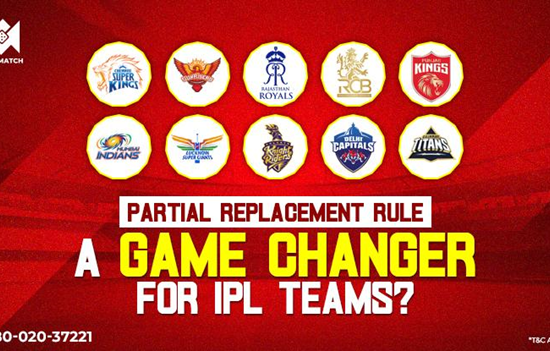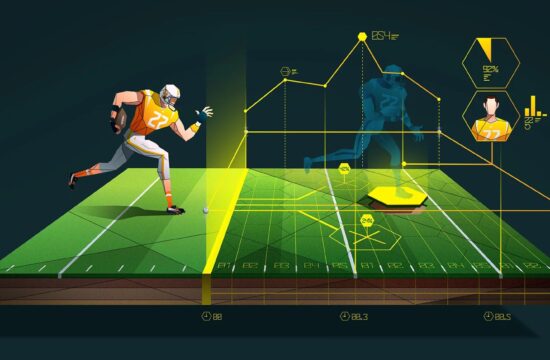Is it true that people seem to be happier at athletic events? An increasing body of evidence shows that they are. That isn’t to suggest there aren’t any disadvantages. Any spectators’ blood pressure can rise as they cheer on their favorite sports team, according to scientific evidence. Spectators’ testosterone levels decrease when the team they’re cheering for loses, according to one report. However, there are many mental health effects involved with watching games, implying that fan impact psychology provides sports enthusiasts with something more to celebrate for.
Fanfare at sporting events
Many common televised sporting competitions, such as football, baseball, soccer, and wrestling, lack the calm of a yoga center. Fans can arrive at games like แมนเชสเตอร์ยูในเต็ด with their faces painted in their favorite team’s colors. Fans in the stands can be caught on camera arguing with one another or screaming at referees and team members, with expressions that can only be defined as enraged.
Sporting activities can–and do–raise blood pressure in some individuals. Any fans take defeats so seriously that their moods suffer as a result. There’s no denying that there are certain perceived drawbacks to watching games. Might all the hullabaloo and drama be a result of the fun? A review of sports spectator psychology shows a number of worthwhile advantages of sports viewing.
Dopamine gets three cheers
It’s not what people do that stimulates the release of dopamine in the brain when it comes to activities and pastimes; it’s that doing something fun triggers the release of dopamine in the brain. Dopamine is a brain chemical that has a variety of functions. One of these functions is to improve mood. The brain is overwhelmed with dopamine as people go to a baseball game or sit in a tennis match and love the moment. Although it’s not unusual to see people frowning at a sports event, it’s much more likely that they’ll see people smiling. If they win or lose, most people love being a fan at a sporting event.
Sporting Events Make You Smarter
Is it true that playing a football or soccer game makes you smarter? It is possible, according to science. Following a sports event like บอลพรีเมียร์ลีก necessitates emotional concentration. Some experts believe that watching a game, especially a complicated game is a good brain exercise. Scientists studied the brain energy of people who attend athletic activities and discovered that they had greater knowledge comprehension and organization skills.
Sense of belonging
Fans at sports activities profit socially from the sense of belonging that exists within fans of the game or of a certain team.At a game, people meet people from all walks of life and have meaningful social experiences. They come together and they have a passion for sports. This sense of belonging also contributes to their overall happiness. They feel a variety of optimistic feelings that allow them to mentally disconnect from any challenges they might be facing in life. People can experience a sense of identity when they are a member of a large society, which may be lacking in other facets of their lives such as jobs or their neighborhood. A feeling of belonging will help you maintain a positive mental attitude.












